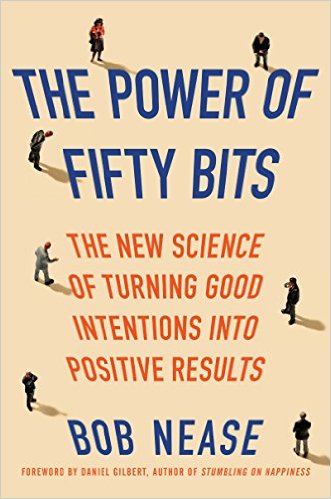Rock, Paper, Scissors is what economists like to call a non-cooperative game. That means someone wins, someone loses, and the payoff for one player’s choice depends in part on the choice made by the other player.
For those of you who don’t know how RPS works… what the heck?!? Basically, each player chooses an option and reveals it simultaneously. Paper covers (i.e., beats) Rock, Scissors cut (i.e., beat) Paper, and Rock breaks (i.e., beats) Scissors. Because one player can always beat his opponent if he knows in advance which choice that opponent will make (and vice versa), it turns out that the best strategy – at least theoretically – is for each player to choose randomly at each round.
A recent paper reported on by the Washington Post, in fact, suggests that the theory is great. Except in practice.
Based on a study of 360 students playing gobs of rounds of RPS, researchers were able to uncover two non-random patterns in play. First, when a player wins on one round, she is more likely than chance to stick with that choice in subsequent rounds. Second, when a player loses on a round, he is more likely that chance to switch choices, moving to the next option in order (i.e., Rock to Paper, Paper to Scisssors, and Scissors to Rock).
This means that you can alter your RPS play strategy and improve your chances of winning. Caitlin Dewey at WaPo breaks it down:
This is simple, but a little hard to envision — so let’s try an example. Say I am playing three rounds of rock-paper-scissors with my cubemate Emily.
Round 1: Emily plays paper, I play rock. She wins.
Round 2: Emily plays paper, I switch to paper. We draw.
Round 3: Emily plays scissors, I switch to scissors. Another draw! I lose.But if I had kept the probabilities from this Zhejiang University study in mind, I could have changed my gameplay like so:
Round 1: Emily plays paper, I play rock. She wins.
Round 2: Emily plays paper, I switch to scissors. I win.
Round 3: Emily switches to scissors, I switch to rock. I win again!
So Why Does This Happen and What Does It Have to Do With Fifty Bits?
Remember, human attention is incredibly scarce, and our brains are built for shortcuts. That means we have a tough time running all the calculations and coming to the conclusion that the Nash Equilibrium suggests that we always choose randomly every time. We are averse to loses, which motivates us to change choices following a loss, and the order “Rock – Paper – Scissors” is seared into our brains.
So we let the wins ride, make changes when we lose, and what we change to is often the first thing that comes to mind… namely the next option on the list.
Before you start staking your salary on a game of RPS, note that the effects are small. And that your co-worker one cube over may have seen the study too!




